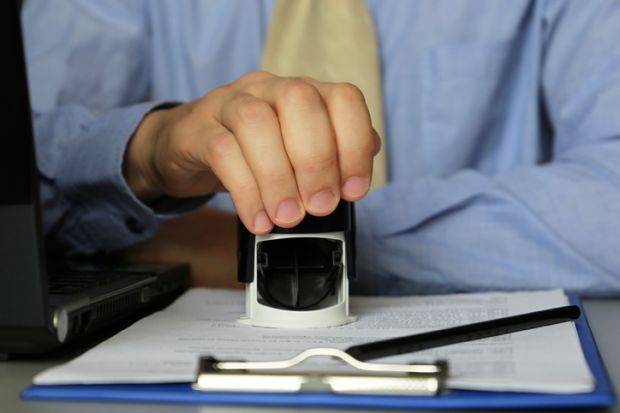Bureaucratic intransigence in Australia’s Home Affairs Department threatens to compound the damage to an international education industry already facing multibillion-dollar losses from the Covid-19 pandemic.
Despite universities’ requests for clarification, the department is refusing to guarantee that the time foreign students devote to online study will be credited towards the 92 weeks of learning that they must complete to qualify for post-graduation work rights.
The uncertainty applies not only to students undertaking Australian degrees from their home countries, but also to those who are in Australia but forced to study remotely because of campus lockdowns. The department will not provide general guidance on how this affects their entitlement to post-study work visas, only saying it will consider their eligibility on a “case-by-case basis”.
The impasse is a blow to university administrators trying to persuade foreign students to stick with an Australian education that bears little resemblance to what most envisaged when they enrolled. Iain Watt, deputy vice-chancellor of the University of Technology Sydney, said the lure of temporary work rights after graduation was a major incentive for internationally mobile students.
He said Australian online degrees were being put at a “competitive disadvantage” for reasons unrelated to quality. Exacerbating matters, the department has stopped processing visa applications from many overseas students, blaming the unavailability of lodgement offices, English language testing facilities, biometric collection centres and other support services.
Mr Watt said international students who were keen to press ahead with their studies, and prepared to undertake the first semester online, would be deterred by doubts around their ability to enter Australia after travel bans were lifted or to work after graduation.
“We could still get a significant cohort enrolling online next semester,” he said. “But if the government won’t process visas even when full documentation is submitted, or provide any assurances about post-study work, we risk writing off the entire semester.”
He said students looking to study in Canada, for example, had received “clear assurances” on such issues. Canada’s immigration department has promised to process study permits “to the extent possible” and has tripled the time window for applicants to provide biometric samples.
Canada also allows entry to foreign students who had valid study permits before the country closed its borders on 18 March. And it has relaxed the rules around post-study work rights, doubling the period graduates are entitled to apply and allowing them to do so from their home countries. Foreigners can qualify for post-graduation work permits so long as less than half of their studies were completed online.
Meanwhile, former UK universities minister Chris Skidmore has advocated extending post-study work rights to help reboot international enrolments, saying they should be doubled to four years.
While Australia has alienated international students, by excluding them from federal assistance packages and telling them to go home if coronavirus-related job cuts leave them unable to support themselves, almost every university and the smaller states and territories have now established hardship funds for international students.
South Australia, Tasmania and Queensland have collectively allocated up to A$18 million (£9.3 million) to such funds, while Western Australia and the Northern Territory have also announced emergency relief programmes. The Australian Capital Territory has earmarked A$20 million to employ struggling Canberrans in jobs such as cleaning, administration and maintenance, with priority given to people who are ineligible for federal government support.





